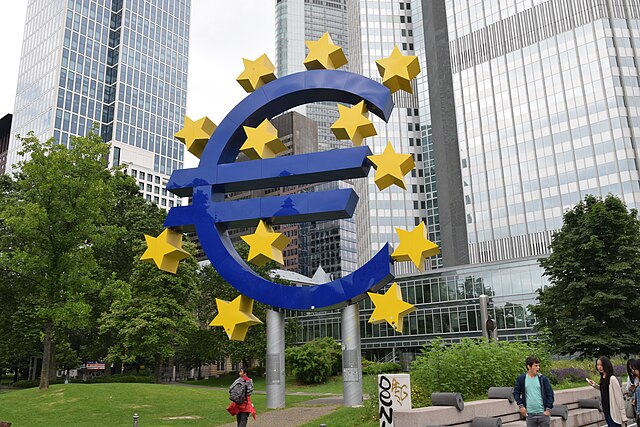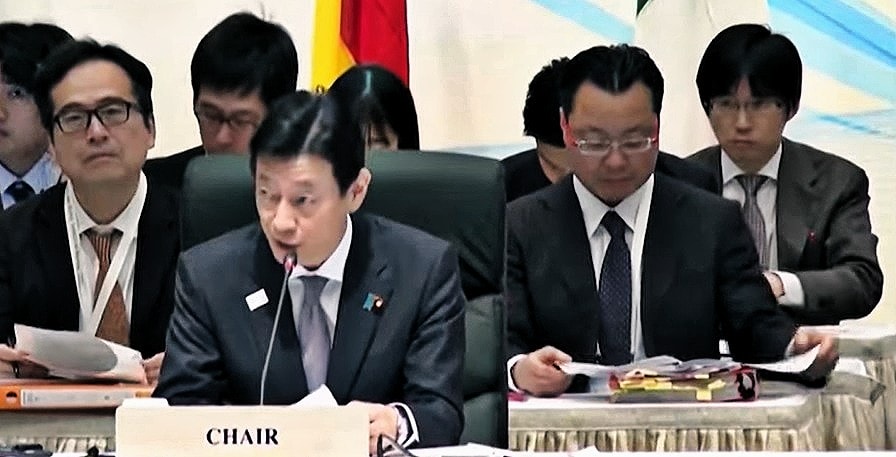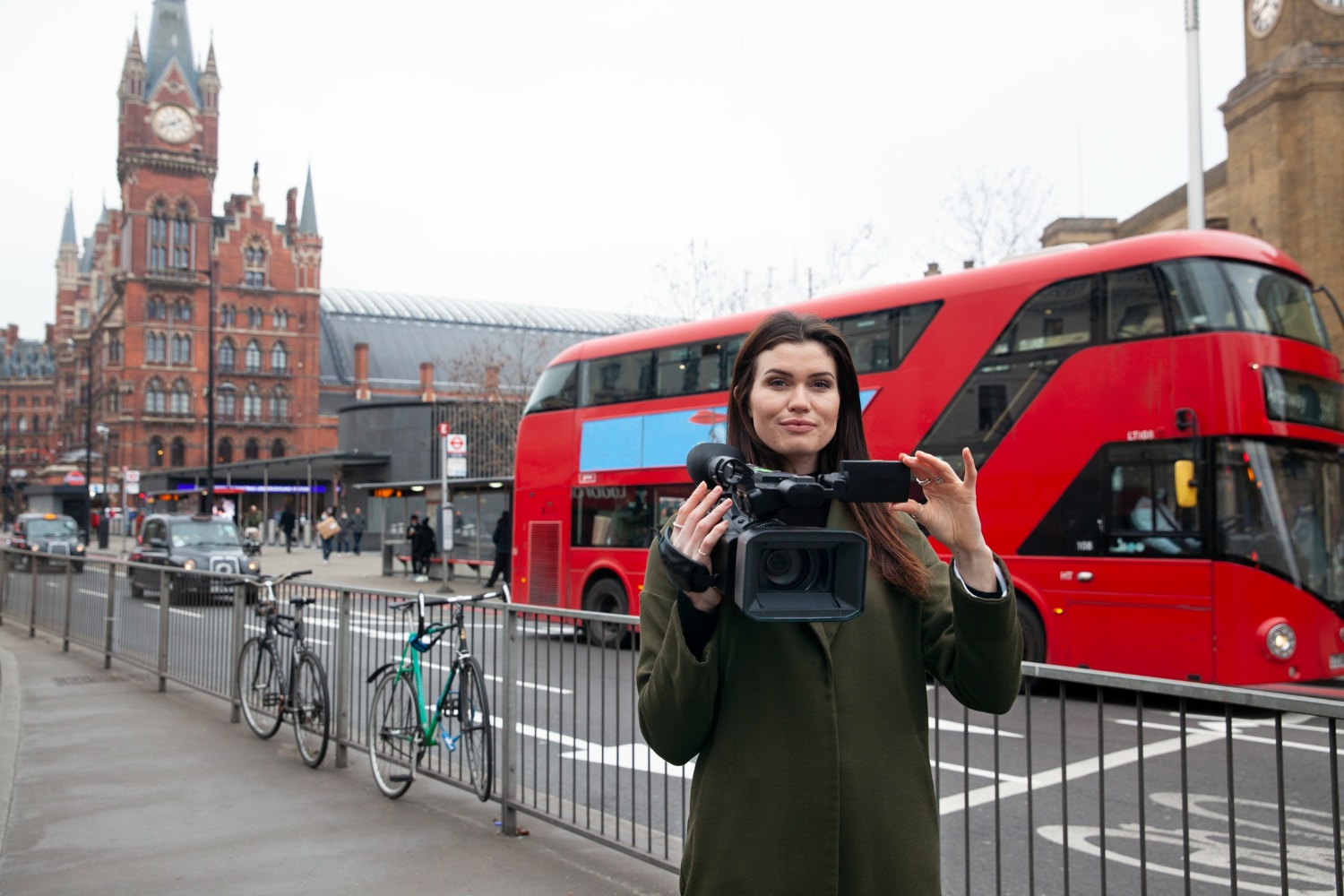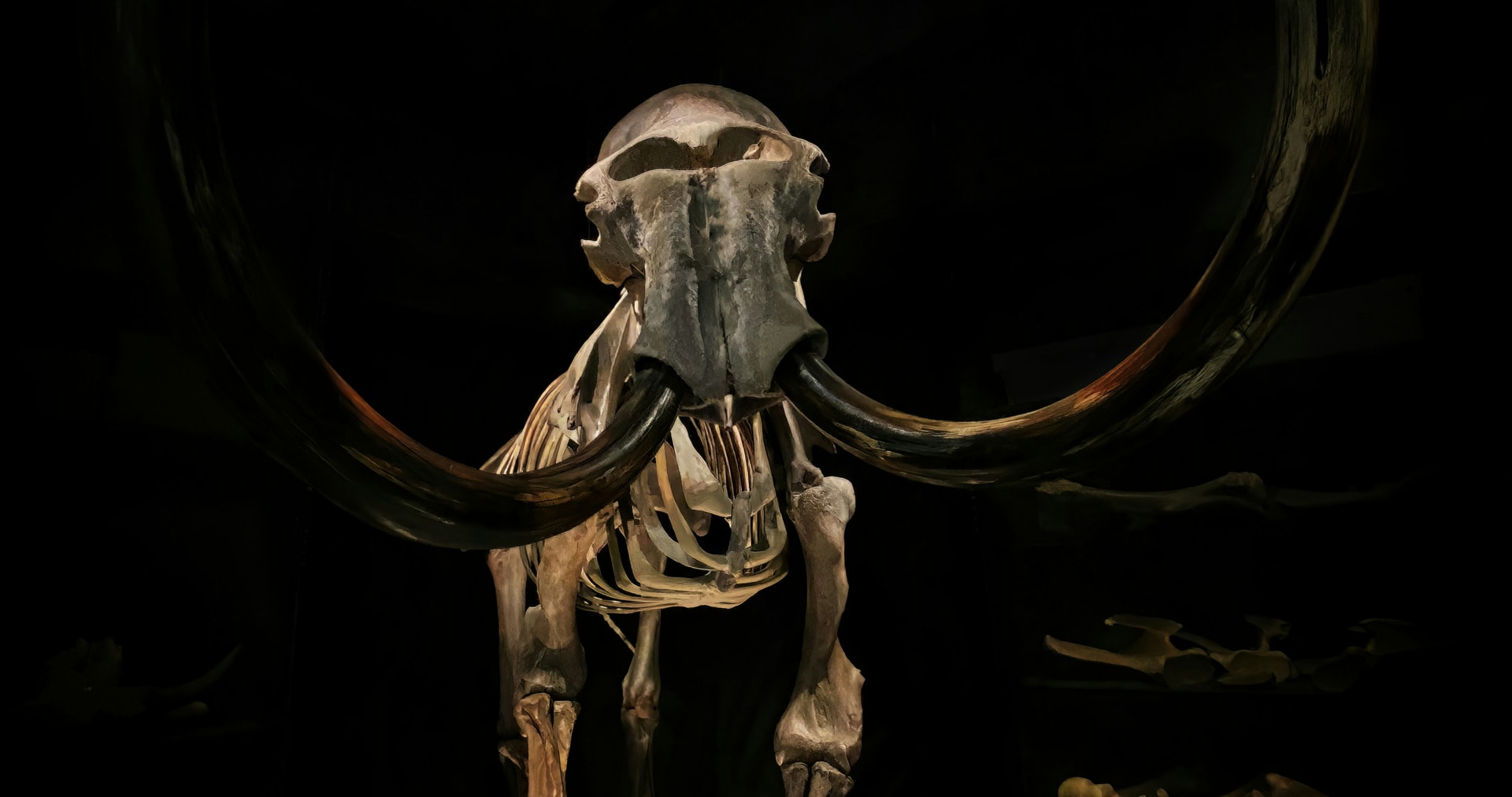Is hope just a futile human feeling, or can it be harnessed to catalyse change? In the context of climate change, the answer to this question is pivotal; it could mean the difference between letting despondence render us paralysed or taking action in an attempt to avail. Only one of these two approaches keeps the power to design a better future in our hands, and a new book, “Not Too Late: Changing the Climate Story From Despair to Possibility” zeroes in on the latter.
Happy Publication Day to @RebeccaSolnit, @Thelma_Lutun, and the chorus of climate voices they’ve assembled in Not Too Late: Changing the Climate Story from Despair to Possibility! pic.twitter.com/0SGjuT5Ux1
— Haymarket Books (@haymarketbooks) April 4, 2023
Edited by writer, historian and activist, Rebecca Solnit, and digital storyteller and activist, Thelma Young Lutunatabua (published on April 4 2023 by Haymarket Books), Not Too Late is a book of essays from climate scientists, activists, experts and communicators whose voices are compiled to form a message of cognizant and compelling hope for our future as well as a call to climate action.
In a time when climate conversations are too often obscured by doom, doubt and defeatism, Not Too Late is described as “the book for anyone who is despondent, anxious, or unsure about climate change and seeking answers.”
As a wider project which transcends the page, #NotTooLate intends to engage and resonate with both “newcomers to the climate movement” as well as “people who are already engaged but weary.”
But more than this, as Solnit states in her opening contribution, Not Too Late is a book for “all humanity, all who are impacted and all beings who are alive now and yet to come.”
The book navigates the current climate landscape at an interdisciplinary intersection, challenging a multitude of misconceptions and covering a variety of topics from politics, technology and science to culture, perspectives, morality and human emotion. Not Too Late provides timely clarity in the form of solutions and stories about the “strength of the climate movement” to “help people see why it’s worth doing the work the climate crisis demands of us.”
Here are some of the book’s main themes and talking points to give you an idea of what the concept of Not Too Late has to offer.
https://twitter.com/GlobalEcoGuy/status/1643399115118723077
“It is not too late”
The book opens with two scene-setting essays from the editors themselves, introducing us to a reframed view of the climate crisis – a view which is both hopeful and galvanising – and delivering a simple message: “Join Us.”
“It is late, we are deep in an emergency, but it is not too late, because the emergency is not over, the outcome is not decided, we are deciding it now,” writes Solnit in her opening contribution.
“We shouldn’t be a planet afraid of darkness, nothing is inevitable and that’s crucial to remember in this fight,” writes Young Lutunatabua in her own introductory essay.
Solutions and Science
In a section titled “We Have The Solutions,” the book’s essays paint a picture of how we can confront the causes and symptoms of climate change such as fossil fuels, ecological decline, denial, colonialism, inequality and economic inequality (to name just a few) with a solution-oriented mindset.
Contributors underline how we must focus on solutions such as climate technology, renewable energy and Indigenous knowledge, reminding us that these solutions are in fact largely already within our grasp, but that an evolution within the policy landscape will be required to scale them up.
For example, one of the contributions titled “A Climate Scientist’s Take on Hope” by Intergovernmental Panel on Climate Change (IPCC) scientist, Joelle Gergis, urges readers that there is still time, but that “averting planetary disaster is up to the people alive right now.”
Perspectives and Emotions
In the “Frameworks of Possibilities” section, the book addresses “moral and emotional life in the climate crisis,” presenting intersectional perspectives on how the climate crisis can be viewed, how it manifests itself emotionally and how we can embrace, harness and channel these feelings – even the desperate ones – to drive us forwards.
Related Articles: The Climate Debate Has Turned Explosive: From Apocalypse Doom-sayers to Climate Fixers | The Economist Sustainability Week 2023: UN Chief Says ‘The Private Sector is Pivotal’ | Working Hand in Hand to Build Sustainable Agrifood Systems in the Pacific
In one contribution titled “The Asteroid and the Fern,” Professor of climate science, Jacquelyn Gill, likens our present day to the asteroid-induced extinction of the dinosaurs, presenting a poignant idea:
“In the climate crisis, humans are the impact event, but we are also the small furry things emerging from the safety of our burrows in the aftermath and the ferns renewing the blasted land- scape with greenery, creating something new out of the ashes of the old world.”
“Unlike the dinosaurs,” she writes, “we have a choice: Will we be the asteroid or the fern?”
Imagining the Future
In another section titled “The Future We Want,” the book highlights essays focused on “positive visions and possibilities,” where contributions largely take either a futuristic or retrospective stance and provide alternative perspectives on where we’ve come from and what possible futures timelines could play out.
For example, one contribution titled “A Love Letter from the Clean Energy Future” by Climate Imperative Senior Director, Mary Anne Hitt, is written from a fictional future perspective of the year 2030, where humans have overcome climate change and are now building a cleaner and more prosperous world.
“Against all odds, the work we did together planted the seeds for the just and sustainable energy future that is now flowering,” writes Hitt.
The Takehome Message
In the final section titled “Take This With You,” the editors close the book with powerful messages and a call to action.
In her closing essay titled “Packing (and Unpacking) for an Emergency,” Solnit speaks of the “stories, ideas, values, aspirations, and facts” that each of us carry around (imagine these elements being packed into a metaphorical mind suitcase). She goes on to explain that these elements “make us who we are” and that “who we are has everything to do with who and what survives,” asking the reader:
“What are you packing for the emergency that is the age of climate change?”
Furthermore, in the book’s final essay, “Not Only a Danger but a Promise,” Young Lutunatabua speaks about how she practices hope:
“I am heartbroken at the lives destroyed by floods, drought and greed, yet I also praise the new victories won,” writes Young Lutunatabua, “something else must bloom,” going on to explain how she refuses to let “apocalyptic prophecies of the future to come to pass.”
Can I be hopeful about the future of the climate? 👀
Yes! 🌍
@RebeccaSolnit explains why we need to change our mindset 🧠
LISTEN: https://t.co/zwoMDCxJ7c pic.twitter.com/55wyAh5bm8
— Reasons Revisited (@CheerfulPodcast) April 14, 2023
As the climate commitments of world leaders and the world-leading economies they preside over continue to be drawn into question, the hopeful and solution-oriented message of Not Too Late couldn’t be more timely in reframing a climate narrative which is somewhat bleak at times.
This book can provide clarity of mind and serves as both a recalibrator and catalyst for change for anyone feeling uncertain as to what the future might hold.
It is, however, also important to note that the editors have made sure to ground the much-needed hopeful message of the book and its essays against a realistic backdrop. They acknowledge that we cannot accept complacency or wait for politicians to act and that important actions must be taken urgently to tackle the climate crisis.
They also acknowledge that change is hard to metabolise, but underline the importance of such change occurring as soon as possible, both on an individual and on an international scale. One statement in particular on the Not Too Late homepage distils the project’s message in simple terms:
“We know that the future is being decided in the present. We know that a lot of people are overwhelmed by doom and gloom. It is not too late. At the same time, we are not here to avoid the worst news. We are here to fortify people to face it and to try to change it.”
As Renato Redentor Constantino, Executive Director of Institute for Climate and Sustainable Cities (ICSC) and contributor to the campaign that formed the 1.5°C Paris agreement, writes in his essay in the book titled “How the Ants Moved the Elephants in Paris”:
“To live with hope in a world that seems determined to race off a cliff, this is the real radical choice.”
The takehome message? Replace doom with bloom, alleviate doubt with action and rewrite defeat by allowing hope for a better future to propel you forward to fight for it.
Editor’s Note: The opinions expressed here by the authors are their own, not those of Impakter.com — In the Featured Photo: Sun shining through leaves. Featured Photo Credit: Mark Kassinos














